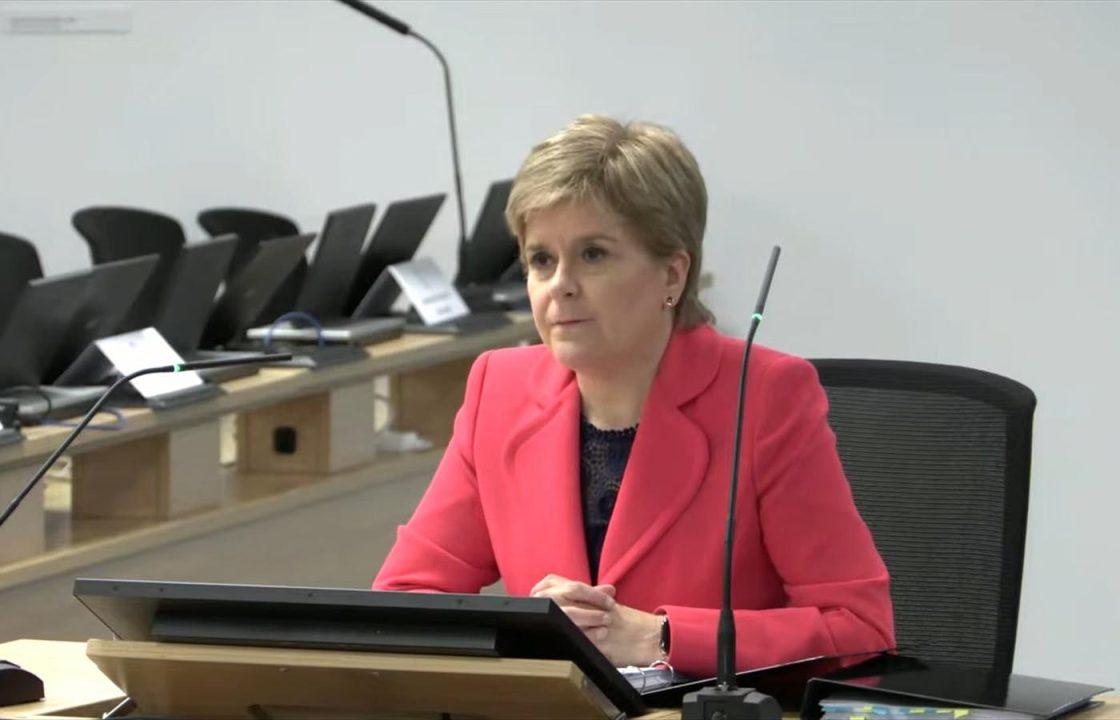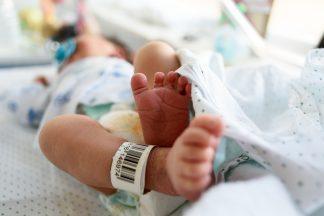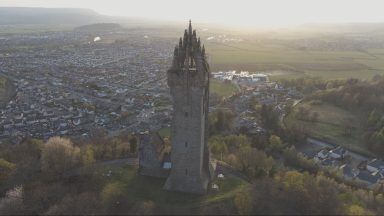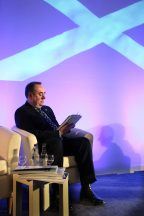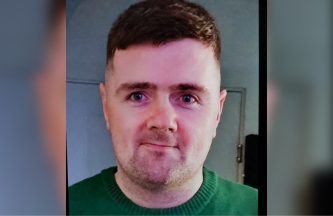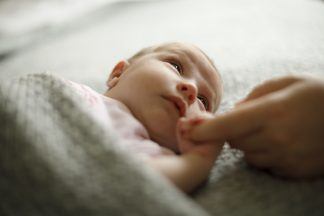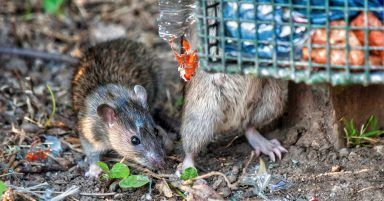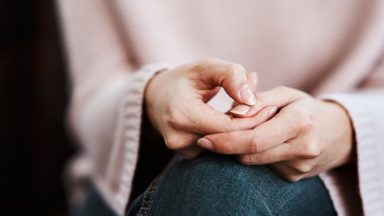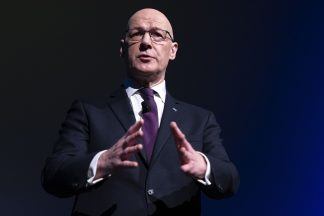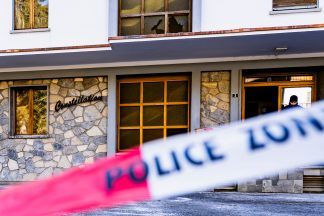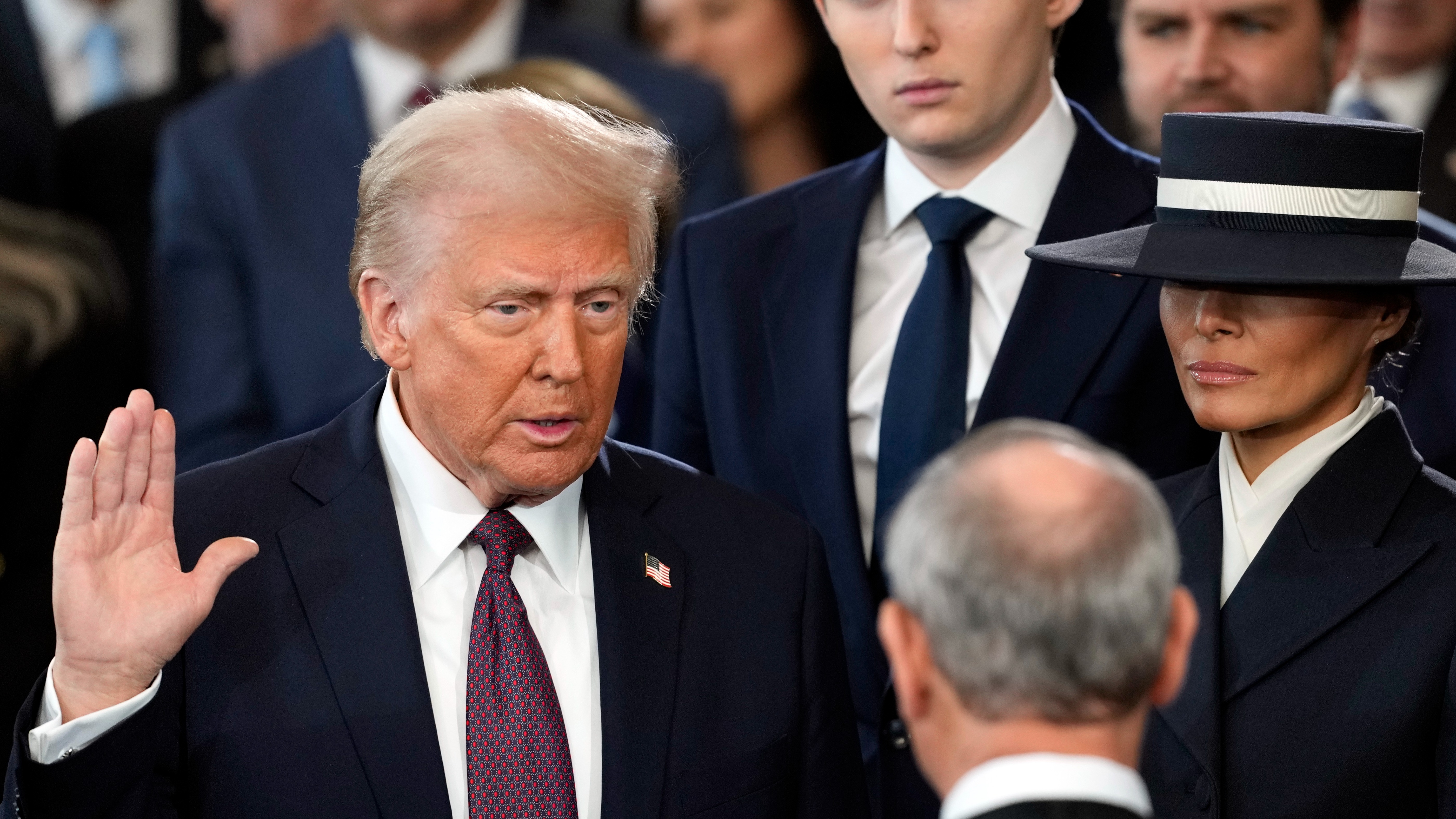Former first minister Nicola Sturgeon “deeply regrets” having to divert resources away from Covid emergency planning in order to prepare for the possibility of a no-deal Brexit.
Speaking to the UK Covid-19 Inquiry on Thursday, Sturgeon said the Scottish Government had “no choice” but to do that planning in 2019.
She said: “Brexit, obviously, was something that was happening completely against the will of the Scottish Government so we were not at all happy about what we were having to do.
“But to put it bluntly we had no choice because had a no-deal Brexit happened – and there were periods over 2019 where that was a distinct possibility – the consequences of that would have been very, very severe.
“We had no choice but to do that planning. I deeply regret any consequences that had for our emergency planning in other areas.”
Questioned by lead counsel Hugo Keith if this was a “false economy”, she said: “I think every aspect of Brexit has been a false economy.”
She was then warned she was in a “witness box, not a soap box”.
The UK voted to leave the European Union in 2016 and officially left the trading bloc – its nearest and biggest trading partner – on January 31, 2020.
Just two months later, the first case of coronavirus was confirmed in Scotland after a patient was diagnosed having recently travelled from Italy.
The whole of the UK went into lockdown on March 23 in a bid to tackle the spread of the virus.
Questioned about relations between the Scottish and UK governments throughout the pandemic, Sturgeon said she believed “they remained too ad-hoc” and didn’t become “more embedded in a very systemic way”.
“Overall, in the context of inter-governmental relations – work around swine flu and from swine flu (onwards) – leading up to the beginning of Covid, I think, relatively speaking, they worked well.
“I think it would be better if we had working relationships that were more systemised and embedded, and that would then transcend different individuals.
“If the attitudes and mindsets are correct, particularly in the context of a health emergency, political differences shouldn’t get in the way but, of course, from time-to-time that is going to depend on the different personalities involved.
“Inevitably, that will be influenced by the wider political context at the time, and perhaps Brexit had an impact there in terms of setting the overall tone for some of these intergovernmental relationships.”
Launched by Boris Johnson in May 2021, the inquiry looks into decision-making in Westminster and devolved governments in Wales, Scotland and Northern Ireland – and examines how well prepared the UK was for the pandemic.
It is being led by Baroness Hallett, who led the inquiry on the London 7/7 bombings. Hearings are expected to continue until 2025.
A separate Scottish inquiry looking at the impact north of the border has yet to hold public hearings after its chairwoman quit along with members of her legal team.
During her evidence on Wednesday, Sturgeon also said the Scottish Government did not accept the worst-case scenario of the coronavirus pandemic,
She said the government was determined to do everything it could to suppress the virus as much as possible, adding that it was never the case that ministers accepted a reasonable worse-case scenario was going to unfold.
“I don’t accept there was a level of harm that we were willing to have unfold,” she told the inquiry.
“The questions I think that are really important for us all to consider is could or should we have done more to suppress Covid to the maximum. But, speaking on behalf of the government that I led at the time, it was never the case that we accepted there is a level of harm that is going to be done by this virus and we accept that.
“In fact, it became later on, one of the points of difference between the Scottish and UK governments – the extent to which we were still seeking to suppress, as opposed to live with, the virus.”
As she began giving evidence, Sturgeon said the learning from the pandemic is of “critical importance”. She offered her “sympathies and condolences to all those who suffered as a result of the Covid-19 pandemic”.
“The pandemic may be over but for many people their suffering continues and there is not a day that passes that I don’t think about that,” said Sturgeon.
“Every day the government I led did our best to take the best possible decisions but equally we did not get everything right.”
“I think there is a real danger in putting an overemphasis on plans, there is often a tendency to say in government ‘well, we have a plan, it sits on the shelf, so we have done the preparation’, and it’s what lies beneath that.
“Had there been a plan that looked at the range of pandemics other than flu, then yes it is possible that we would have had greater discussion around some of the elements that, of course, came much to the fore when Covid struck.”
Follow STV News on WhatsApp
Scan the QR code on your mobile device for all the latest news from around the country


